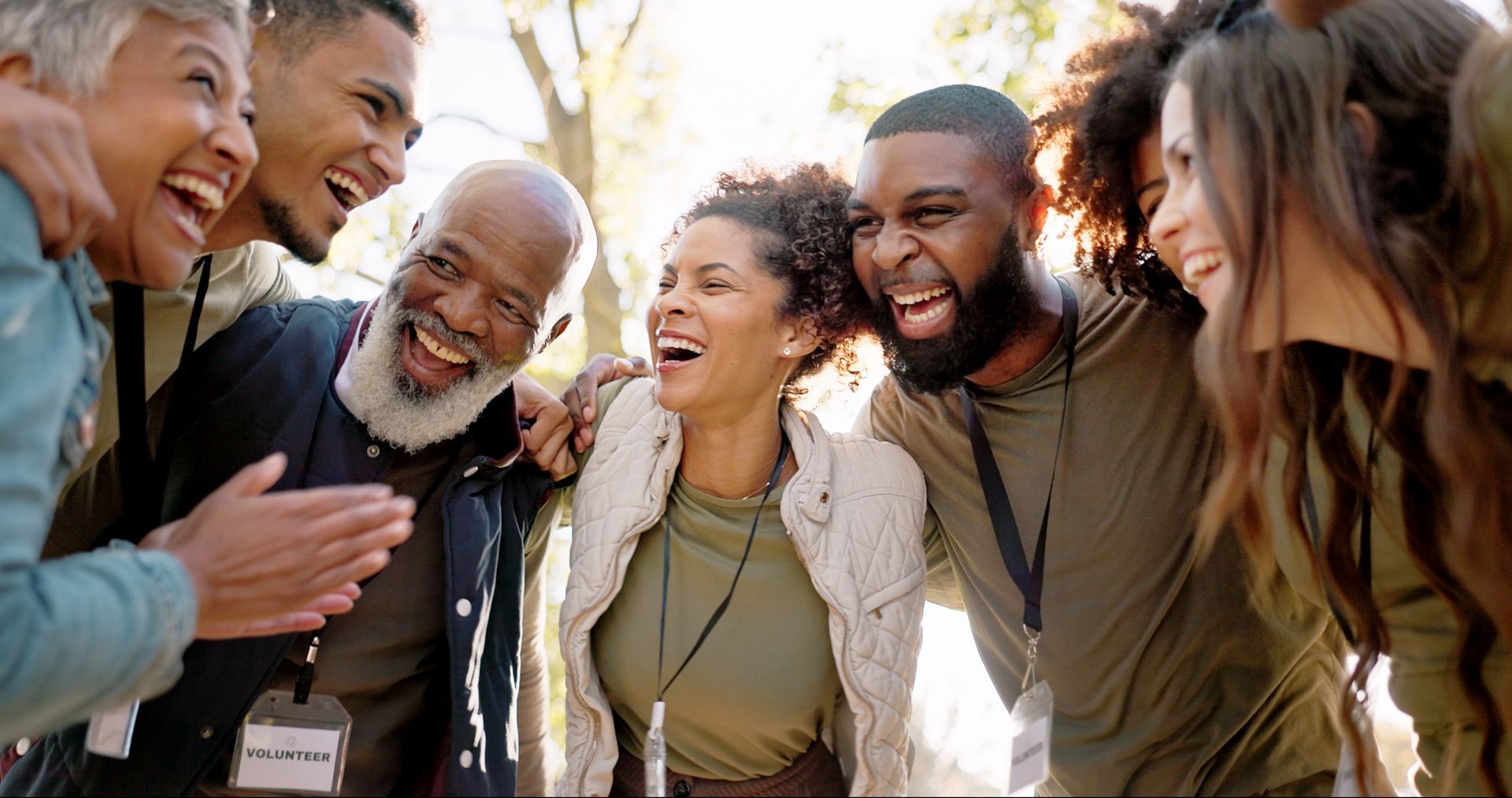Why do we evaluate well-being?
Many of our clients are in the business of facilitating well-being among those they serve. Through advocacy, research, education, treatment services, and destigmatization, these organizations all work in some way to make life better for those in the communities they serve. These organizations were created to support well-being.
LaBarbera Learning Solutions is invested in helping our clients demonstrate the value of their work to stakeholders and donors, and we often research and evaluate the degree to which they are achieving intended outcomes like well-being. Our goal is to help organizations identify their strengths and where there’s room for improvement to create professional-level documentation of their organization’s effectiveness and to prove that their program is having the intended effect.
Well-being defined.
The World Health Organization has defined health since 1948 as “a state of complete physical, mental and social well-being and not merely the absence of disease or infirmity” (World Health Organization, 2020, p. 1). It follows, then, that subjective well-being is an important component of perceived quality of life. Well-being encompasses negative aspects such as the presence of depression and anxiety but also positive aspects such as contentment, satisfaction, and happiness (McDowell, 2010). For these reasons, well-being is a common outcome measure across different populations or as an indicator of treatment efficacy
“At its core, well-being refers to contentment, satisfaction, or happiness derived from optimal functioning. This need not imply perfect function; it is subjective and is a relative, rather than an absolute, concept. The reference point for judging well-being is person's own aspirations, based on a blend of objective reality and their subjective reactions to it” (McDowell, 2010, p. 69).
The definition of well-being can be best summarized by referring to it as the set of needs and experiences that are universally required to weather challenges and have health and hope.
Correlates and determinants of individual well-being.
Well-being is dependent on a number of factors, such as good health, positive social relationships, and availability and access to basic resources like shelter and income. Some personality factors such as optimism and self-esteem contribute to well-being. Paid employment is critical to well-being by providing access to resources and fostering satisfaction, and meaning and purpose (CDC, 2018). Unemployment negatively affects well-being. It is generally accepted that having supportive relationships one of the strongest predictors of well-being (CDC, 2018).
Measuring well-being.
This, from the What Works Wellbeing organization, sums it up best:
“Wellbeing can be measured by looking at observable factors (like employment), as well as by looking at factors that are subjective to the person experiencing them, like how safe we feel. Charities and social enterprises have an impact on wellbeing of the people and, in most cases, the communities they work with. Hopefully they improve wellbeing. But they may also make people’s wellbeing decrease, even while achieving their organizational mission.”
The World Health Organization (WHO) devised a valid and reliable measurement of well-being that has been translated into over 30 languages and used in a multitude of research studies around the world. They call it the WHO-5 Wellbeing Index, and it is comprised of five short non-invasive statements asking participants to rate them on a scale of 0-5 (5=all of the time, 0=at no time) for their experiences in the previous two weeks:
1. I have felt cheerful and in good spirits.
2. I have felt calm and relaxed.
3. I have felt active and vigorous.
4. I woke up feeling fresh and rested.
5. My daily life has been filled with things that interest me.
Ultimately, our hope is that by measuring wellbeing, we will help our clients understand their projects better, and that they’ll be able to document their effectiveness to stakeholders and donors. By measuring well-being and linking the findings to additional data we collect (like focus groups and surveys of training effectiveness), they can better understand their full impact on people’s wellbeing. Hopefully, they will also find out what works to improve wellbeing and why.
Contact LaBarbera Learning Solutions to find out how well-being measurements—or any other research and evaluation project we can plan together—can help improve your organization’s effectiveness. www.labarberalearning.com










